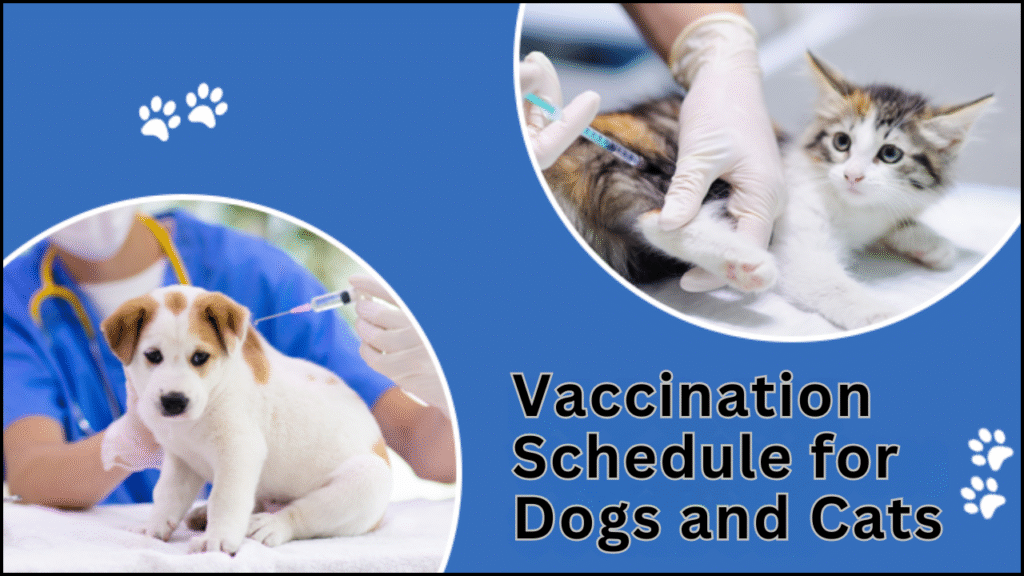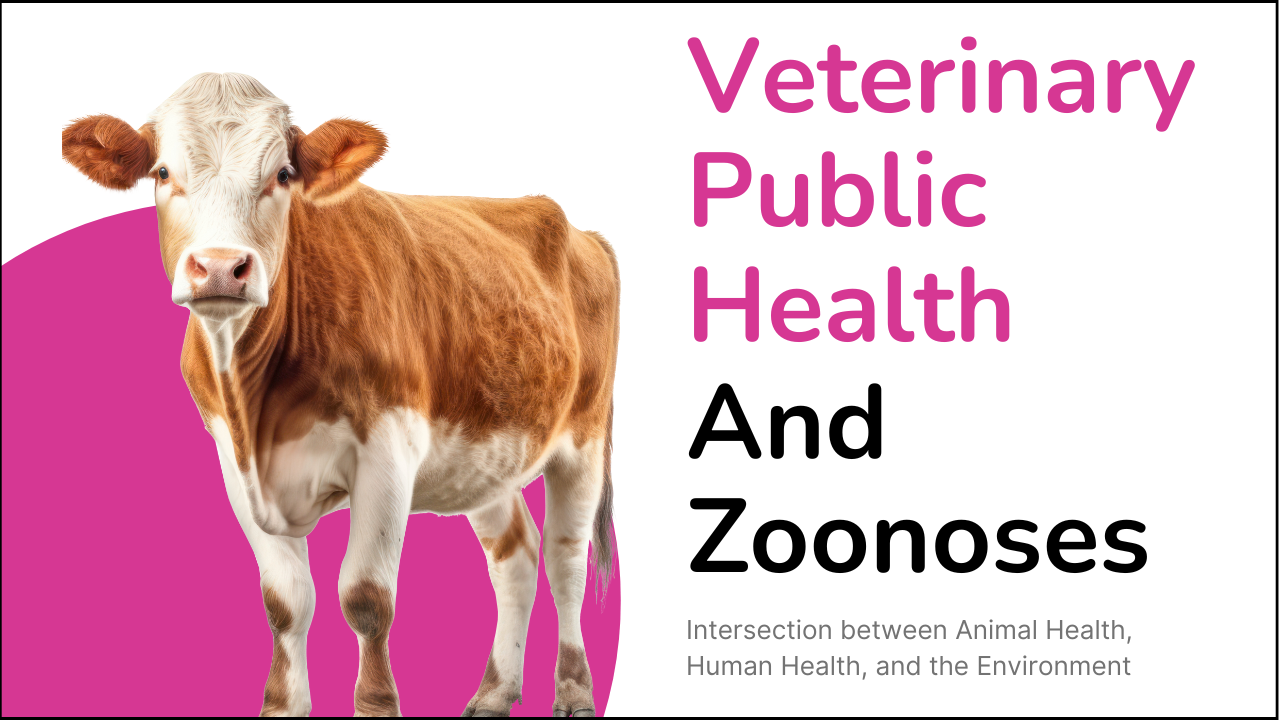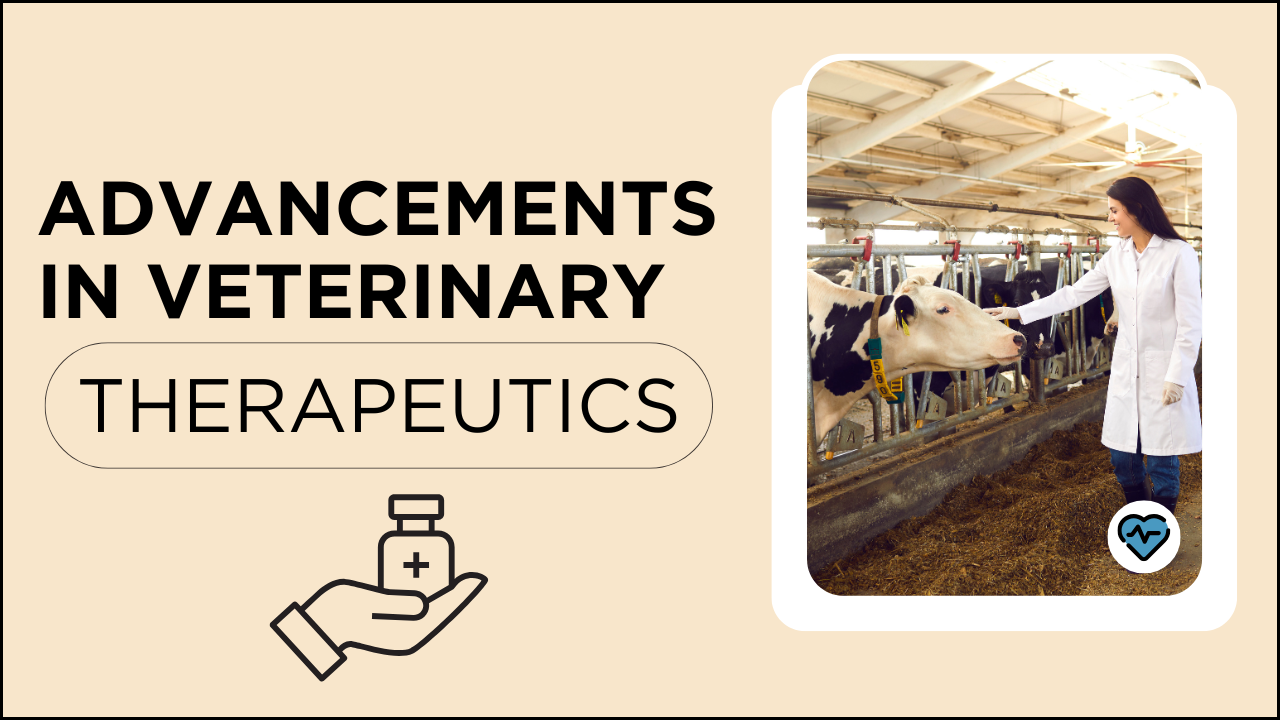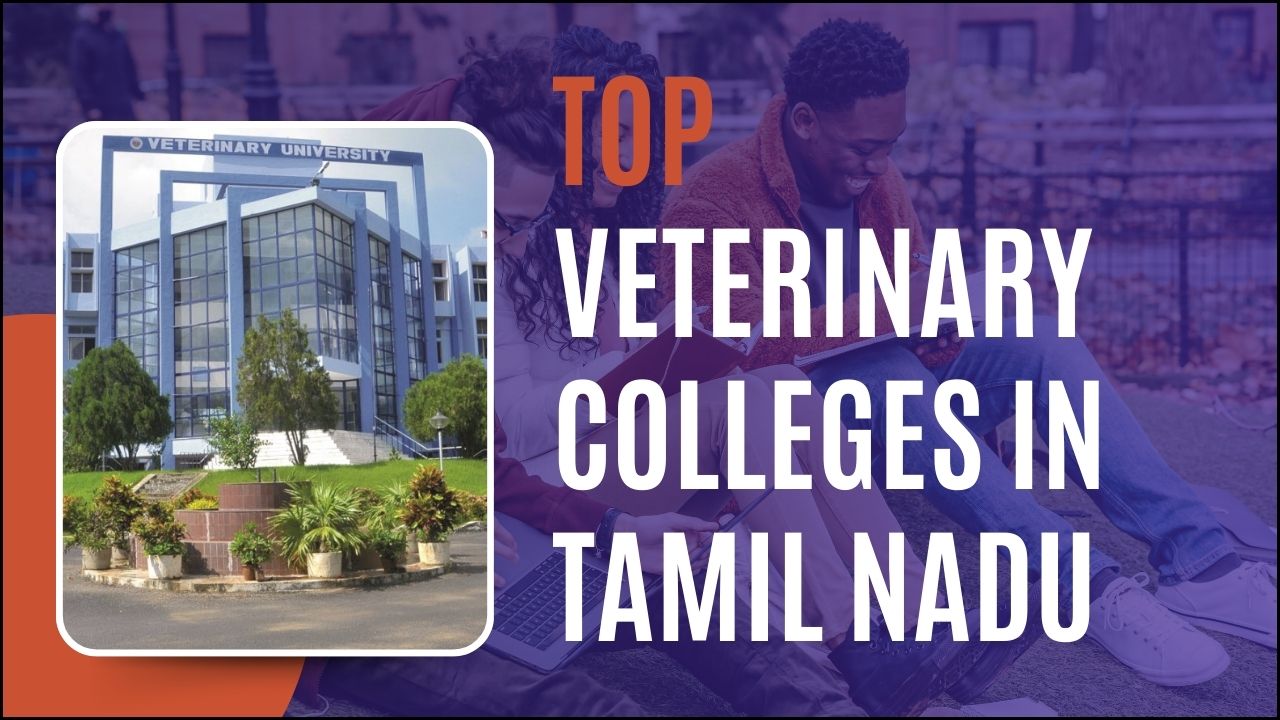
Keeping your pets healthy involves more than good food, love, and exercise; it also means protecting them from dangerous diseases. Vaccinations play a crucial role in safeguarding dogs and cats against illnesses that could otherwise be life-threatening. Understanding the vaccination schedule for pets helps owners ensure their furry companions live long, happy lives. Here’s a complete guide on what every pet owner should know about vaccinations for dogs and cats.
Table of Contents
Why Are Vaccinations Important?
Vaccines help prepare your pet’s immune system to fight off specific infections. By introducing a harmless form of the disease, vaccinations stimulate the body to build immunity. This not only protects the vaccinated animal but also reduces the spread of infectious diseases in the community.
Without vaccinations, pets are at greater risk of contracting serious illnesses such as parvovirus, distemper, rabies, and feline leukemia. Some of these diseases are fatal, while others can cause lasting health problems.
Core vs. Non-Core Vaccines
Veterinarians classify vaccines into two main categories:
- Core Vaccines: Essential for all pets regardless of their lifestyle.
- Non-Core Vaccines: Recommended based on a pet’s specific risk factors, such as geographical location, lifestyle, and exposure to other animals.
Discussing your pet’s environment and habits with your vet will help determine which non-core vaccines are necessary.
Vaccination Schedule for Dogs
Here’s a general vaccination timeline for puppies and adult dogs:
Puppy Vaccination Schedule
- 6–8 Weeks Old:
- DHPP (Distemper, Hepatitis, Parainfluenza, Parvovirus) — 1st dose
- 10–12 Weeks Old:
- DHPP — 2nd dose
- Leptospirosis (optional, depending on risk)
- Bordetella (kennel cough, optional)
- 14–16 Weeks Old:
- DHPP — 3rd dose
- Rabies — 1st dose
- 16–18 Weeks Old:
- Lyme disease vaccine (if needed)
- Canine Influenza (based on exposure risk)
Adult Dog Vaccination Schedule
- Annually or Every 1–3 Years (depending on vaccine type and local laws):
- Rabies booster (legally required in most regions)
- DHPP booster
- Leptospirosis booster
- Bordetella booster (especially for dogs visiting daycare, grooming, or boarding facilities)
- Lyme and Canine Influenza boosters if at risk
Note: Some boosters can be given every three years after the initial series, depending on vaccine type.
Vaccination Schedule for Cats
Here’s a general vaccination guideline for kittens and adult cats:
Kitten Vaccination Schedule
- 6–8 Weeks Old:
- FVRCP (Feline Viral Rhinotracheitis, Calicivirus, Panleukopenia) — 1st dose
- 10–12 Weeks Old:
- FVRCP — 2nd dose
- FeLV (Feline Leukemia Virus) — 1st dose (especially for kittens who go outdoors)
- 14–16 Weeks Old:
- FVRCP — 3rd dose
- Rabies — 1st dose
- FeLV — 2nd dose (if applicable)
Adult Cat Vaccination Schedule
- Annually or Every 1–3 Years (depending on vaccine type and risk factors):
- Rabies booster (required by law in many places)
- FVRCP booster
- FeLV booster (for outdoor cats or those at risk)
Indoor-only cats may not need as many non-core vaccines, but vets often recommend keeping up with core vaccines as a safety measure.
Special Considerations
- Shelter Pets: Puppies and kittens adopted from shelters usually start vaccinations before adoption. New owners must continue the schedule.
- Senior Pets: Older pets may require different vaccination strategies based on health conditions. Vets may adjust the schedule accordingly.
- Traveling Pets: If you plan to travel with your pet, additional vaccinations (such as against leptospirosis or canine influenza) might be recommended.
- Health Issues: Pets with compromised immune systems may require special vaccine protocols. Always discuss your pet’s specific needs with your veterinarian.
Common Questions About Pet Vaccinations
1. Are Vaccinations Safe?
Yes, vaccines are generally very safe. Mild side effects like slight swelling at the injection site, slight fever, or decreased appetite are normal and usually resolve within a day. Serious allergic reactions are rare but should be treated immediately by a vet.
2. Can I Skip Non-Core Vaccines?
Skipping non-core vaccines might be okay if your pet’s risk of exposure is very low. However, your veterinarian is the best person to assess and advise based on your pet’s lifestyle.
3. What Happens if My Pet Misses a Vaccine?
If your pet misses a scheduled vaccine, they might need to restart the series depending on how much time has passed. It’s important to reschedule with your veterinarian as soon as possible.
Tips for a Smooth Vaccination Experience
- Bring vaccination records to each vet visit.
- Reward your pet with treats or affection to create a positive association.
- Monitor your pet for any side effects post-vaccination and contact your vet if you notice anything unusual.
- Keep up with annual wellness checks to stay on top of vaccination schedules and other health needs.
Final Thoughts
Vaccinating your dog or cat is one of the most important steps you can take to ensure their health and longevity. Following a proper vaccination schedule not only protects your pets but also safeguards your family and the larger community from zoonotic diseases like rabies. Always consult your veterinarian for a customized vaccination plan that best suits your pet’s individual needs. A little prevention today can save a lot of heartache tomorrow.





